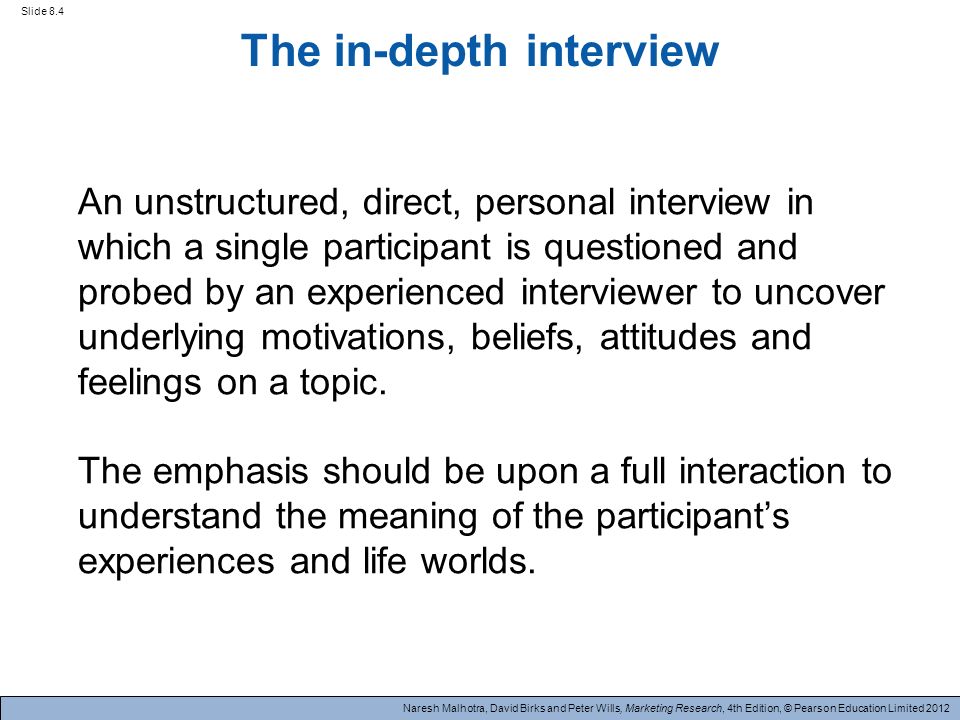Modes of communication have developed in tremendous ways that humans beings have become invisible or have more choice to remain invisible in their communication due to modern technology and social media tools. Interaction has also become multi layered where sharing of information, ideas, interests, and other forms of expression. Even in education this kind of communication has become integral especially in online learning where so many more skills are required to be able to communicate or present your learning. This makes me think about the way information or knowledge influences the way we choose to communicate, how old ideas can be re-defined into new ideas, how we create a new voice as we gain more information or knowledge. With communication comes responsibility with public and private boundaries due to the effect it has upon its audience.
Aristotle's model of communication
Communication in our group discussion and one on one's with our advisor's have played such an important role. Silent long pauses have also communicated contemplation and immediate reflection before finding a voice to exchanging a authentic sharing of which communicated our experiences. Our voices communicating from different modules had an effect on all of us connecting us encouraging us making us feel supported were such an effective way of communication that was something I truly benefitted from.
This also makes me reflect on the learning that has come about in doing the research inquiry and the different modes of communication that I have been involved in while reading literature, interviewing, observing, the way it has enhanced my voice amongst the existing voice. It has encouraged me to re-think my dance choreography and redefined my dance practice with new ways of communication. It has opened up a creative window to experiment with communicating from different perspectives especially as I delve into finding ways to communicate through the mode of a professional artefact.



